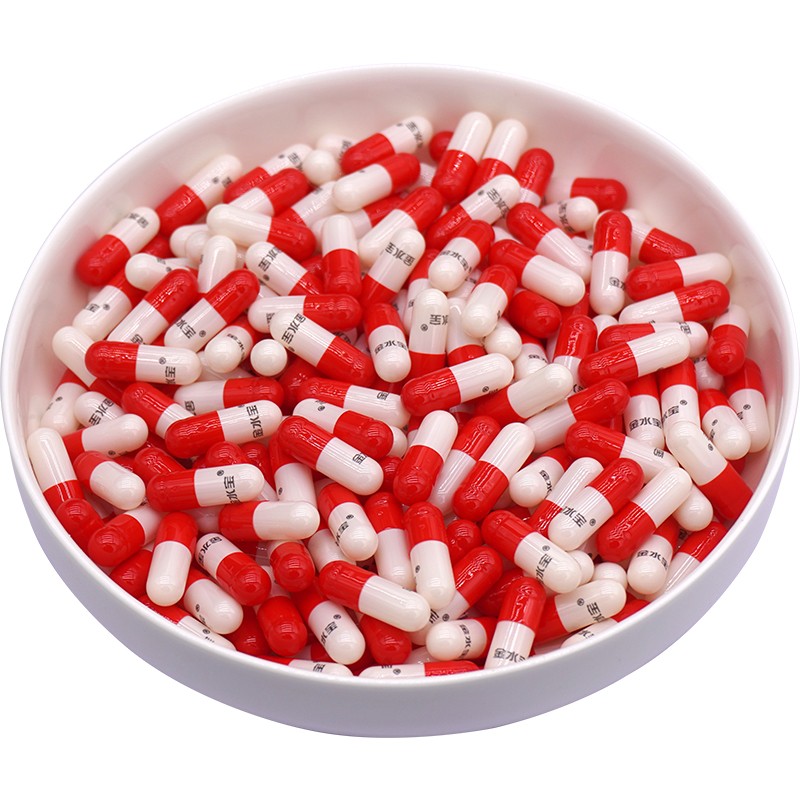Enteric-coated capsules have become a staple in the world of pharmaceuticals and nutraceuticals, delivering their contents effectively to their intended destinations within the body. A key component in the production of these capsules is gelatin, a substance that plays a pivotal role in ensuring the success of this ingenious drug delivery mechanism. In this article, we delve deep into the realm of gelatin and its utilization in enteric-coated capsules, uncovering the reasons behind its prevalent use and shedding light on its myriad benefits.

Before delving into the specifics of gelatin's role, it is crucial to comprehend the essence of enteric-coated capsules. These capsules are designed with a unique purpose: to protect the delicate contents within from the harsh acidic environment of the stomach. By utilizing an enteric coating, manufacturers can ensure that the active ingredients bypass the stomach's corrosive conditions and are released in the alkaline environment of the small intestine. This mechanism not only enhances the efficacy of the contents but also minimizes any potential side effects that may arise from gastric irritation.
Gelatin, derived from animal collagen, is a protein-rich substance that has been used for centuries in various applications, including culinary, cosmetic, and pharmaceutical. Its exceptional properties make it an ideal candidate for the production of enteric-coated capsules.
One of the primary reasons gelatin is employed in enteric coatings is its remarkable resistance to acidic environments. The stomach's gastric juices contain hydrochloric acid, which can degrade and diminish the potency of certain pharmaceutical compounds. Gelatin's unique molecular structure acts as a barrier, shielding the encapsulated contents from the detrimental effects of acidity during their journey through the stomach.
Gelatin also offers a unique advantage in terms of controlled release. Through precise formulation and engineering, manufacturers can manipulate the rate at which the gelatin coating dissolves. This control ensures that the contents are gradually released as the capsule traverses the gastrointestinal tract, allowing for optimal absorption and utilization of the active ingredients.
The biocompatibility of gelatin is another critical factor that contributes to its widespread use in enteric-coated capsules. Gelatin is well-tolerated by the human body, minimizing the risk of adverse reactions. This makes it a suitable choice for encapsulating a wide range of pharmaceutical compounds, including those intended for sensitive individuals.
Gelatin's versatility extends to its compatibility with various types of active ingredients. Whether the contents are water-soluble, oil-soluble, or a combination of both, gelatin can accommodate a diverse array of pharmaceutical formulations. This adaptability further cements gelatin's role as a cornerstone of enteric-coated capsule production.
The production of gelatin capsules involves a meticulous process that ensures quality, efficacy, and safety. Manufacturers begin by extracting gelatin from animal collagen, followed by purification to eliminate impurities. The purified gelatin is then combined with other excipients and the active ingredients before being encapsulated.
The application of the gelatin coating is a precise procedure that demands advanced technology and expertise. The encapsulation process involves a series of steps, including mixing, spraying, and drying, to create a uniform and durable coating. The result is a seamless blend of gelatin and active ingredients, encased within a protective shield that guarantees optimal delivery.
The utilization of gelatin in enteric-coated capsules offers a myriad of advantages that extend beyond protection from gastric acids. By facilitating controlled release and enhancing bioavailability, gelatin empowers pharmaceutical and nutraceutical manufacturers to develop products with increased effectiveness and improved patient compliance.
Looking ahead, ongoing research and technological advancements are likely to further refine the utilization of gelatin in drug delivery systems. Innovations in encapsulation techniques, coating formulations, and materials may pave the way for even more sophisticated enteric-coated capsules that cater to diverse therapeutic needs.
Previous: How to Properly Wear a Disposable Gown
Comments
Please Join Us to post.
0